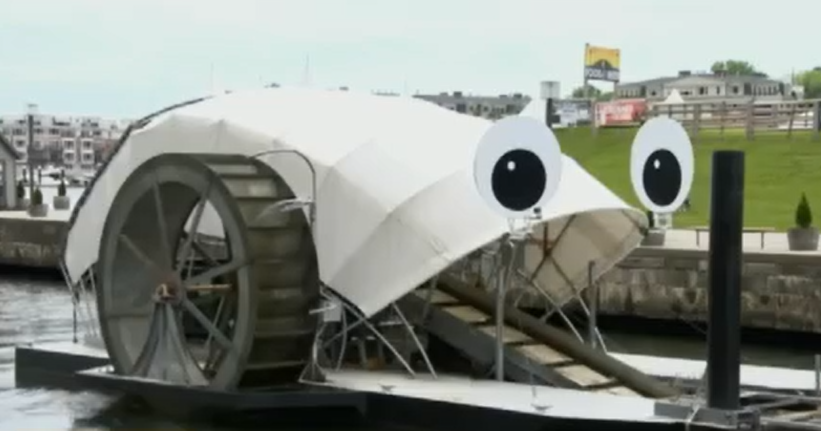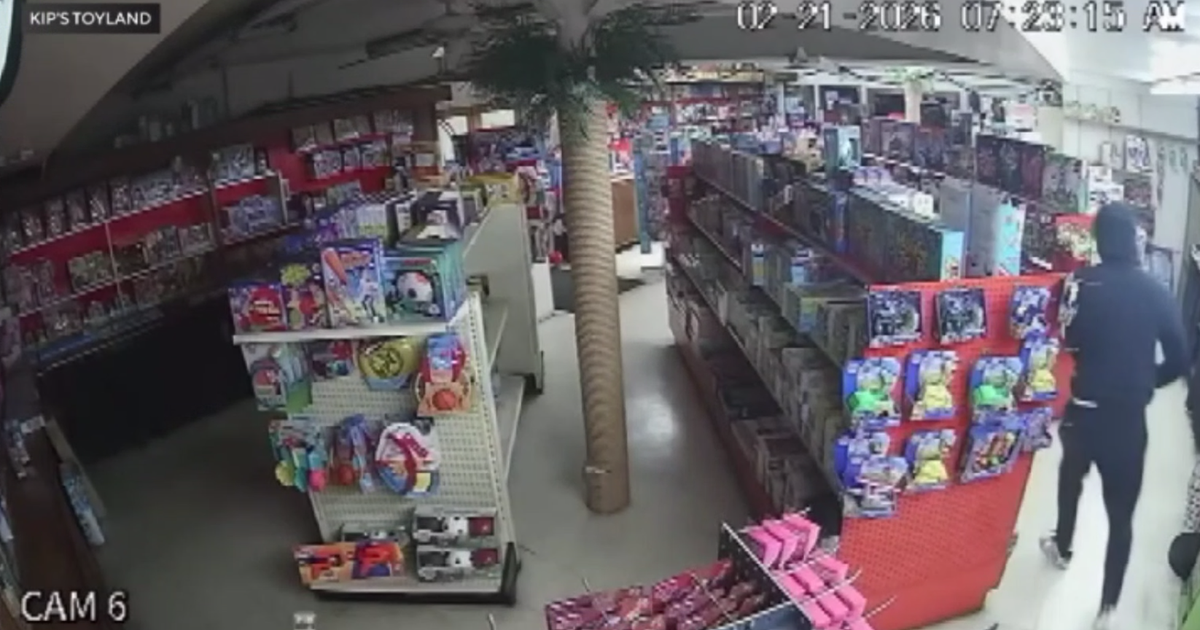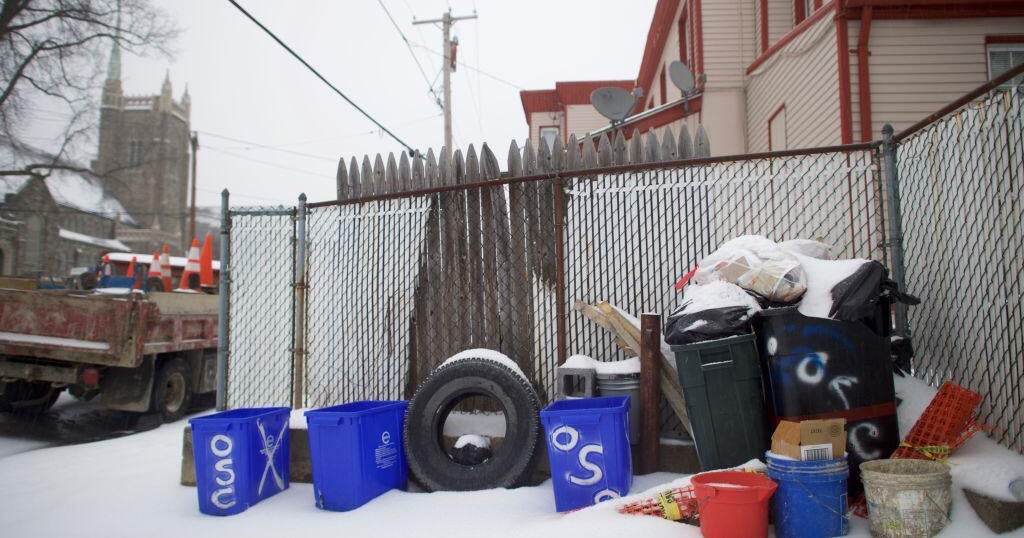This alchemy turns trash into luxury goods
What makes a luxury product? Justifying the breathtaking prices of top-tier consumer goods usually comes down to some sort of exclusivity. Luxury items are often made out of rare, expensive or exceptionally durable materials. They're limited-access, have an intriguing genealogy, are technically perfect or customized to the point of uniqueness.
One U.K. firm is trying to redefine luxury as something that comes exclusively from craftmanship. That's evident from the raw materials the 10-year-old company uses: trash. Literally.
Scrap leather, tea and coffee sacks, industrial parachutes and decommissioned firehoses are just some of the discarded materials Elvis and Kresse turns into high-end accessories.
"Firehoses are an incredible material," said co-founder Kresse Wesling, who in a previous working life started a recycling company. In 2005, she visited a London firehouse and learned that 60 tons of the material was thrown out every year. Moved to turn the durable material into something usable, Wesling and her partner, James Hemrit, eventually settled on accessories, making belts, tote bags, wallets and billfolds out of hard-to-recycle goods.
Their latest collection focuses on making bags and rugs from scrap leather, which offers duo 800,000 tons of material to work with every year. That's because cows and pigs are often very different shapes from the shoes and bags that are made from them, which means that legs and edges from a hide will often be left over after a pattern is cut.
Elvis and Kresse has come up with a way of weaving those strips to turn them into a blank canvas that can be used in bags and rugs. The bags are lined with industrial silk, discarded from parachutes.
The company, which has made eliminating waste its core mission, has expanded into other hard-to-recycle materials. Burlap coffee sacks are turned into laptop covers; tea sacks, which are made from plastic-lined paper, are turned into packaging; products tags come from used air-traffic-control strips.
"Our materials are novel. The only way for us to exist in a luxury space is to put unbelievable levels of craftsmanship and care and design into them," said Wesling.
So far, they've been successful, selling across the U.K. and Europe and making inroads into the U.S. "We have a very niche support base in the U.S., and I feel very bad for them because they have to pay quite high import duties on our products," Wesling said, adding that the company is beginning to partner with importers to make their items more accessible to Americans.
For an industry that has come under fire for its phenomenal wastefulness, the time seems ripe for a strategy of luxury craftsmanship and paying people well. The approach has worked for other high-end designers, like Patagonia, which makes sustainability its central mission. Patagonia, like Elvis and Kresse, is a B corporation, meaning the social benefits are part of its corporate charter.
Eileen Fisher has launched a sustainability initiative in its U.S. stores, encouraging consumers to recycle their clothes, with the aim for the company to become zero-waste.
Christian Louboutin, the shoe designer, once reportedly said, "Luxury is not consumerism. It is educating the eyes to see that special quality."
It may well be that, as the fashion industry depletes the raw resources needed to make its goods, the special quality of an item will become the craftsmanship and time needed to create it.




